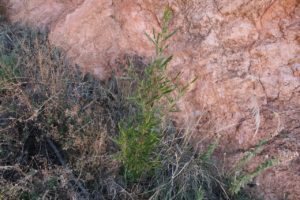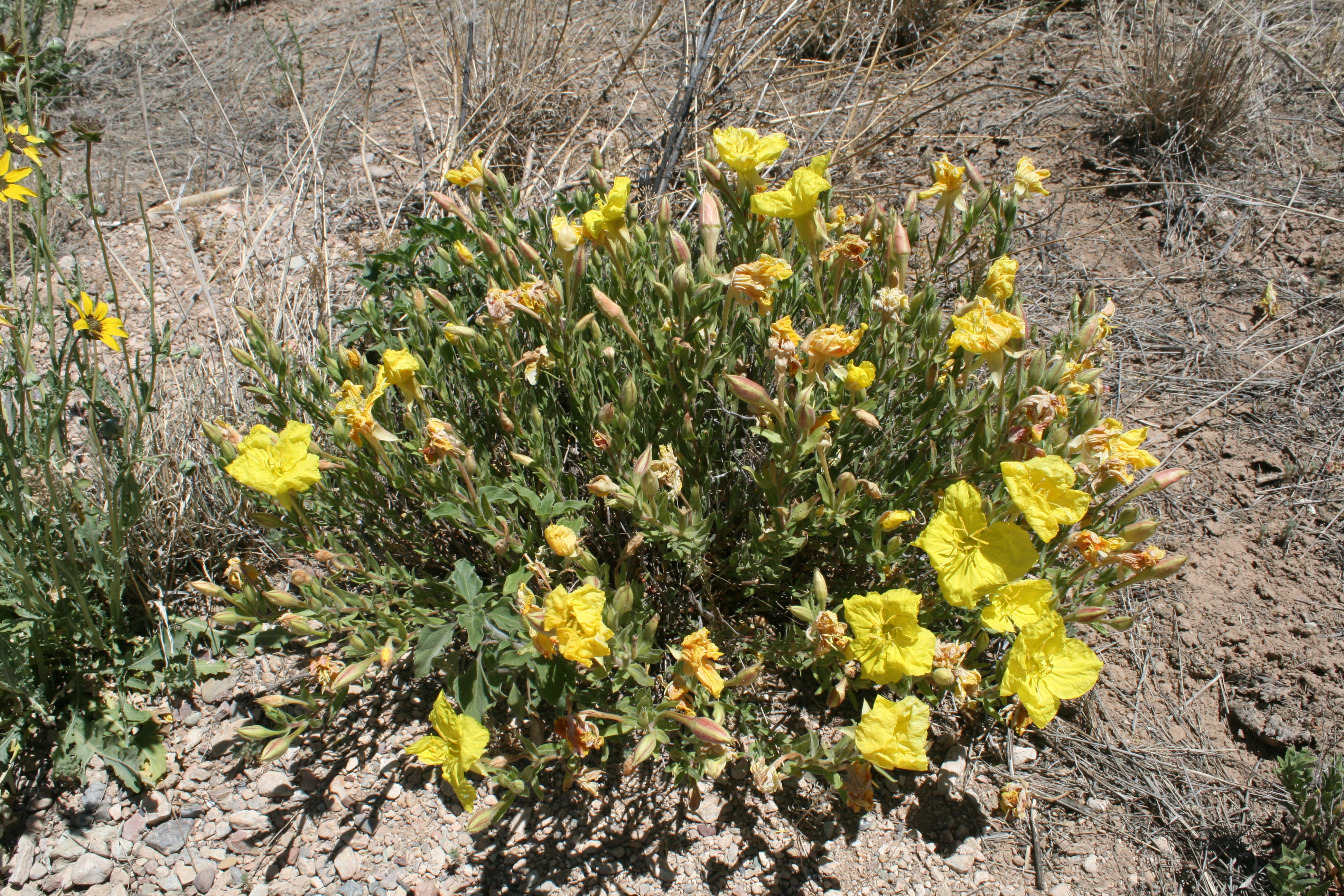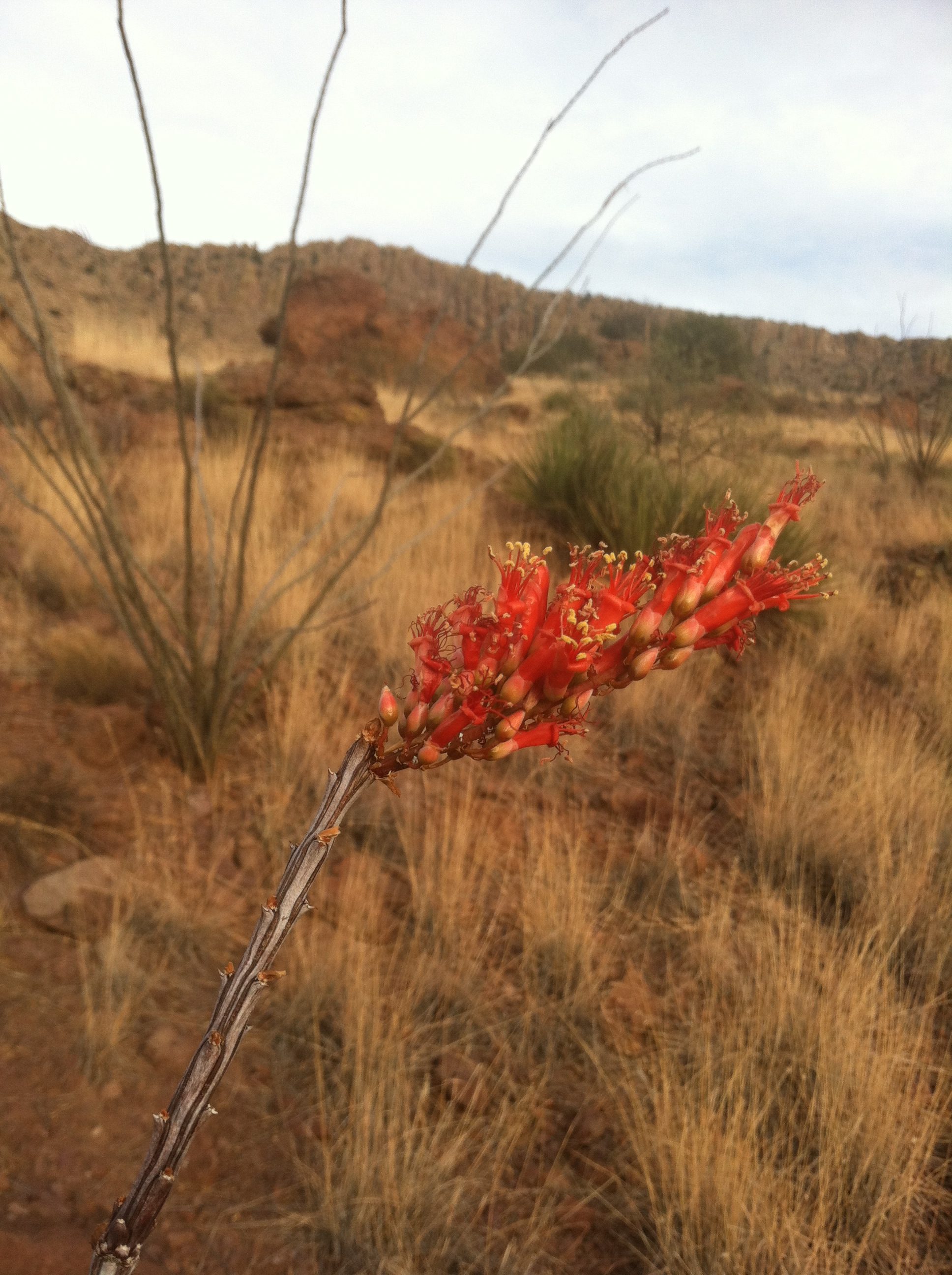
The green dodo (Dodoneaea viscosa var. angustifolia) was a very common landscape plant around Tucson back when I first started working in a wholesale nursery. That was the spring of 1980 and we must have sold thousands of them over the next couple years. We always had a large block of them growing and ready to be shipped. What a success story for a regional native plant, but now I don’t see it being grown or utilized in landscapes as much. Plants come and go in the nursery/landscape industry almost like fashion, as in, “Green dodos are so last week.”
Well, I still love them and here are a few things to know about them. They are in the soapberry family, Sapindaceae. They are three genera in the family found in Arizona; Sapindus, Dodonaea and a wonderful little vine called Cardiospermum. There around 50 species of Dodonaea and my old Hortus Third say they are “native to the tropics and subtropics of both hemispheres.” Dodonaea viscosa is found from central and southern Arizona down into South America and the West Indies. The further south you go the varieties are less cold hardy and desert hardy, so really our variety angustifolia is the perfect evergreen shrub for the landscapes of the borderlands. It makes sense right? It’s native.
A note or two: The photo is mine and of a small green dodo at the base of a cliff in the Galiuros. I’m pretty sure I took that with my phone. There is no phone reception where I hike in that range, but a phone makes a for a nice compact camera that can remind me of things I see while out traipsing. And by the way, there was a selection of Dodonaea viscosa in the trade that had purple leaves, so we had purple dodos and green dodos. Now you know.

The common name of Calylophus hartwegii is Sundrops. That’s considerably easier to say and I suspect that the common name covers a few species...

I was looking though some old notes of episodes and realized that I have talked about coral bells (Heuchera sanguinea) many times over the...

Chuparosa is one my of favorite plants from back when we used to live outside of Tucson. I bet we had 5 or 6...